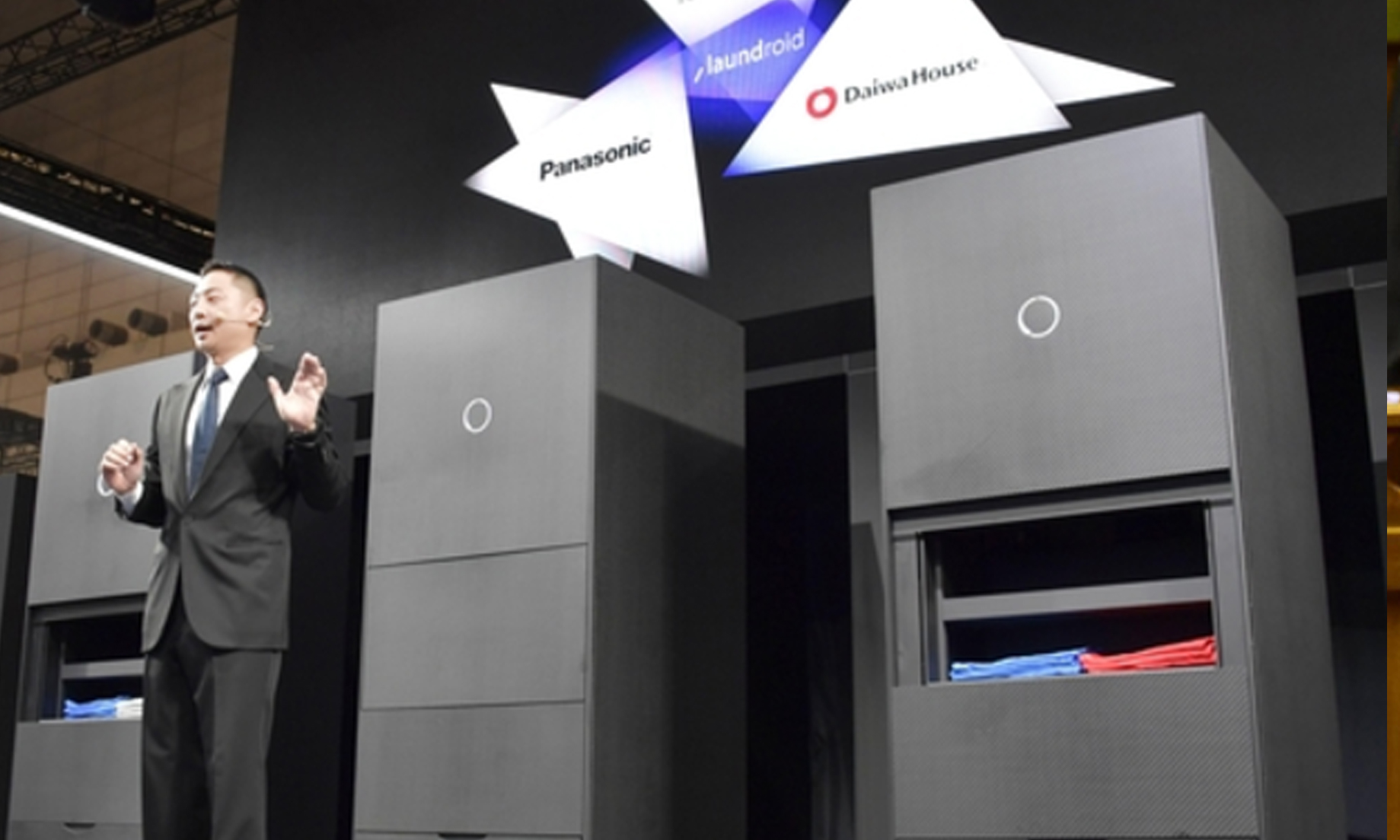TOKYO, Feb 8 (NNN-AGENCIES) – In a few years, perhaps for some the most dreaded household chore may be taken over by robots.
Robot startup Mira Robotics unveiled Thursday a machine that performs a range of laundry duties while controlled remotely.
The new service, called ugo, hopes to resolve two major hurdles that have prevented the widespread adoption of services that delegate housekeeping chores to humans — privacy and prohibitive costs.
Under the ugo service, robots will be rented to customers for use in their homes. Trained operators will remotely manipulate them to do chores so homeowners don’t have to worry about having a housekeeper at home, the startup said.
By having operators control multiple robots at the same time, it will be possible to lower fees to ¥20,000 to ¥25,000 a month, compared with a range of ¥50,000 to ¥100,000 for conventional housekeeping services, according to Mira Robotics.
The firm added that users’ privacy will be protected while they are out of the house because the robots’ functions will be limited to chores. They are hard-wired to detect the outlines of items and filter out unneeded details. The system will also limit the robots’ access to certain areas.
“We believe that the demand for household chore assistance among dual-income households and the elderly is rising further,” said Mira Robotics CEO Ken Matsui at an unveiling event in Tokyo.
The two-armed robot, which was developed in February 2018, weighs roughly 72 kilograms. Its height, adjustable from 110 centimeters to 180 cm, allows it to execute a wider range of tasks, while its arms are around 60 cm long “so it can reach up to 2 meters,” explained Matsui.
At the event, the robot demonstrated three processes — removing clothes from washers, hanging them up to dry, and folding them.
During the folding process, Matsui said the time it takes for the robot to do the job will be shortened by revamping the arms and the way they are manipulated.
Matsui defines the remote control aspect of the robot as “step one.” By accumulating data, the company aims to eventually automate the processes.
The robot can move on flat surfaces and even move side to side, but it cannot climb up and down stairs due to the high cost and power consumption. It can clear small steps, though, according to Matsui said.
For now, he said the company envisions providing the service to those who live in apartments.
Mira Robotics plans to conduct closed beta testing in August, and launch the service in May 2020. It is aiming to attract a few thousands users by 2021.
It also intends to expand the service to other chores, like taking care of pets and receiving mail while users are away.
Founded last year, Mira Robotics aims to provide robotics services that “can improve quality of life as the population in Japan ages,” said Matsui.




